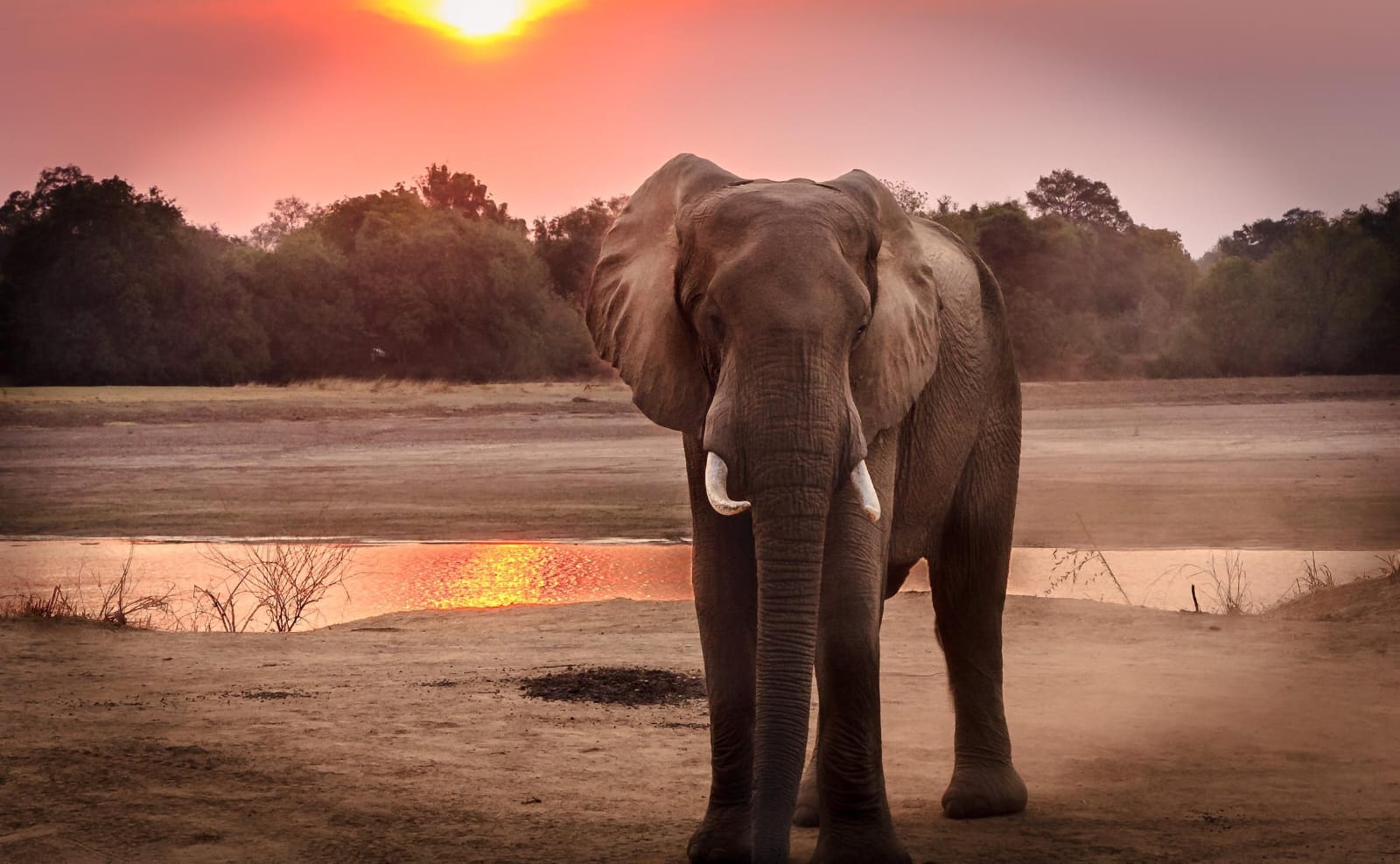Wildlife, the diverse range of animal and plant species that inhabit our planet, is a precious and irreplaceable part of our natural heritage. The term “wildlife” encompasses not only iconic creatures like lions and elephants but also countless lesser-known species, from insects to fungi. Protecting and conserving wildlife is vital, not only for the sake of these creatures themselves but also for the health of our planet and the well-being of humanity. In this essay, we will explore the significance of wildlife conservation and the various ways in which it benefits our world.
Biodiversity and Ecosystem Services
One of the primary reasons for conserving wildlife is to safeguard biodiversity. Biodiversity is the variety of life on Earth, including the various species, ecosystems, and genetic diversity. Each species plays a unique role in the ecosystem, and the loss of any one can disrupt the delicate balance of nature. Biodiversity is essential for ecosystem stability, resilience, and adaptability.
Ecosystems provide a wide range of essential services, collectively known as ecosystem services, which are crucial for human survival. These services include clean air and water, pollination of crops, nutrient cycling, carbon sequestration, and the regulation of diseases. Without a diverse and healthy wildlife population, these services would be compromised, leading to environmental problems, food shortages, and increased vulnerability to diseases.
Economic Benefits
Wildlife conservation also offers economic benefits. The tourism industry, for example, relies heavily on the presence of charismatic wildlife such as tigers, elephants, and whales. Safaris, eco-tours, and wildlife photography generate substantial revenue, creating jobs and economic opportunities for local communities. Moreover, many indigenous cultures depend on wildlife and natural resources for their livelihoods. Sustainable wildlife management can provide economic stability for these communities while preserving ecosystems.
Scientific Research
Wildlife is a source of fascination for scientists and researchers, offering valuable insights into the natural world. Studying various species helps us understand their behavior, genetics, and ecological roles. This knowledge, in turn, contributes to advancements in fields like medicine, agriculture, and conservation biology. For example, research on wildlife has led to the discovery of life-saving drugs and the development of innovative techniques for pest control.
Aesthetic and Ethical Value
Wildlife also holds immense aesthetic and ethical value. The sheer beauty of a diverse array of species enriches our lives and inspires art, literature, and cultural expressions. Furthermore, many people believe in the intrinsic value of all living beings and advocate for ethical treatment and preservation of wildlife. The conservation of these creatures is an ethical duty, reflecting our moral responsibility to protect the planet’s intrinsic worth.
Challenges to Wildlife Conservation
Despite the undeniable importance of wildlife conservation, many challenges threaten the survival of numerous species. Habitat destruction, driven by urbanization, agriculture, and deforestation, is a major threat. Pollution, climate change, invasive species, and over-exploitation also pose significant risks. The illegal wildlife trade, driven by demand for exotic pets, traditional medicines, and luxury items, remains a pressing concern.
Conservation Efforts
To address these challenges, concerted global efforts are needed. Conservation organizations, governmental agencies, and concerned citizens work together to establish protected areas, enact laws to combat poaching and habitat destruction, and implement sustainable resource management practices. Education and public awareness campaigns are crucial for changing people’s attitudes and behaviors towards wildlife and the environment.
Conclusion
In conclusion, wildlife conservation is not just about saving cute and iconic animals; it is about protecting the intricate web of life that sustains our planet. It benefits us in numerous ways, from ensuring ecosystem services to economic benefits, scientific knowledge, and ethical considerations. Our responsibility is clear: we must take action to conserve wildlife, not just for the sake of these creatures, but for the future of our planet and the well-being of all its inhabitants. By doing so, we can continue to marvel at the beauty of the natural world and ensure that it thrives for generations to come.

